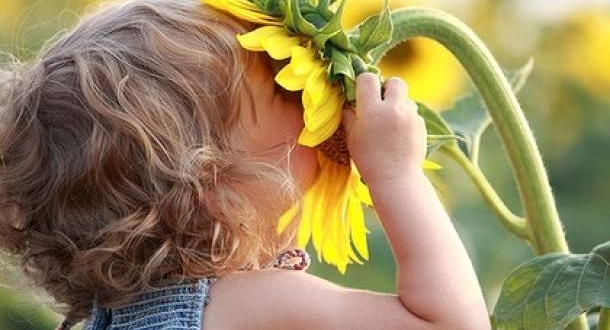Why Montessori Education System?
Montessori education is an education method based on individual education and developed by Maria Montessori. Montessori education, which is the best education method in the world and has been applied for more than 100 years, has been heard frequently in our country recently.
But why Montessori? There are many reasons why Montessori education is necessary:
Montessori said, “Education must teach a person his universal duty.” says. Understanding universal duties is a spiritual development and brings inner peace. Inner peace also helps to establish world peace.
Cosmic Education, which is one of the parts of Montessori education, provides an education that supports the child’s understanding of the universe and the order in the universe. In this way, the child’s awareness of his place in the universe, his responsibilities and what needs to be done for the continuation of life in the universe is developed. Until the age of 6, the child learns and recognizes the world and the universe with his senses. From the age of 6, he creates a perception of his own universe with this information. Along with the education given for children to know and love nature, peace education is also given because it has a key feature in their spiritual development. Montessori sees the study of geography as an important learning tool in the development of children’s understanding and respect for all humanity as the basis of peaceful coexistence.
Montessori education is child-centered. Since each child has a unique development and learns in line with his/her own capacity, education is specially programmed for each child and applied individually. Children progress at their own pace.
An environment is created to make children independent and support their development. Tables, chairs, kitchen counters, shelves, etc. in sizes suitable for children. is in an order. Prepared environment provides self-discipline. A child who acts knowing what he wants behaves with discipline. For example; each child freely chooses the work they want, works and then puts it back in its place.
Working with specially developed materials. Each material gives a single concept and teaches concretely with the senses. It saves memorization and provides permanent learning. With the error checking feature of the materials, it allows children to work independently and to make self-control.
With the real materials used in Montessori education, children learn by experiencing, doing, living and discovering life. E.g; they can prepare a meal for themselves by cutting and chopping a cucumber in a kitchen of their own size.
The Montessori guide observes each child. It aims to provide the best learning with the studies it offers, taking into account the areas that children are sensitive and interested in. It helps children discover and maximize their potential.
In Montessori classrooms, children form a small community through the practice of mixed ages. Older children develop their leadership and helpfulness skills by giving work presentations to younger children. Young children can learn faster by observing older children. They form a community in respect and love.
Children can work with the work they choose for as long as they want and repeat as many times as they want. The child is not forced to finish the study. When he is satisfied, he completes his learning cycle and can improve working in different ways.
Classes have one of each material. While one child works with a material, the other child waits for it to be finished. Thus, he learns to wait in line and to respect.
Self-confidence develops in children who do their own work independently with self-care work.
There is freedom of movement. Movement is an important need for a child’s growth and mental and physical control. Children are active and act as they please in a respectful manner to other children.
The reward penalty system is not applied. The child completes the work for his own inner success. He doesn’t wait for a “well done” word from outside. Gestures such as a facial or back pat can be used to motivate the child.
Concentration, attention skills, fine and gross motor skills, self-confidence and sense of responsibility develop with practice. Montessori education supports children’s social and sensory development and contributes to their future lives as happy, healthy, peaceful and successful individuals who respect others, their environment and themselves, are at peace with themselves, sensitive, responsible, self-sufficient, feel they are individuals, and lead their lives in harmony with the society.
When the child understands himself as an individual, he helps those around him. When he understands his place in the universe, he serves others.
Montessori education has a very important place in order not to waste children’s potential, not to break their self-confidence, not to hinder their productivity and to raise peaceful, happy, successful and self-confident children. Since the children of today are the adults of tomorrow, we should give importance to the age group of 0-6 for the welfare of the society, peace and a beautiful future, ensure that our children benefit from this valuable education, and do the best for them.
